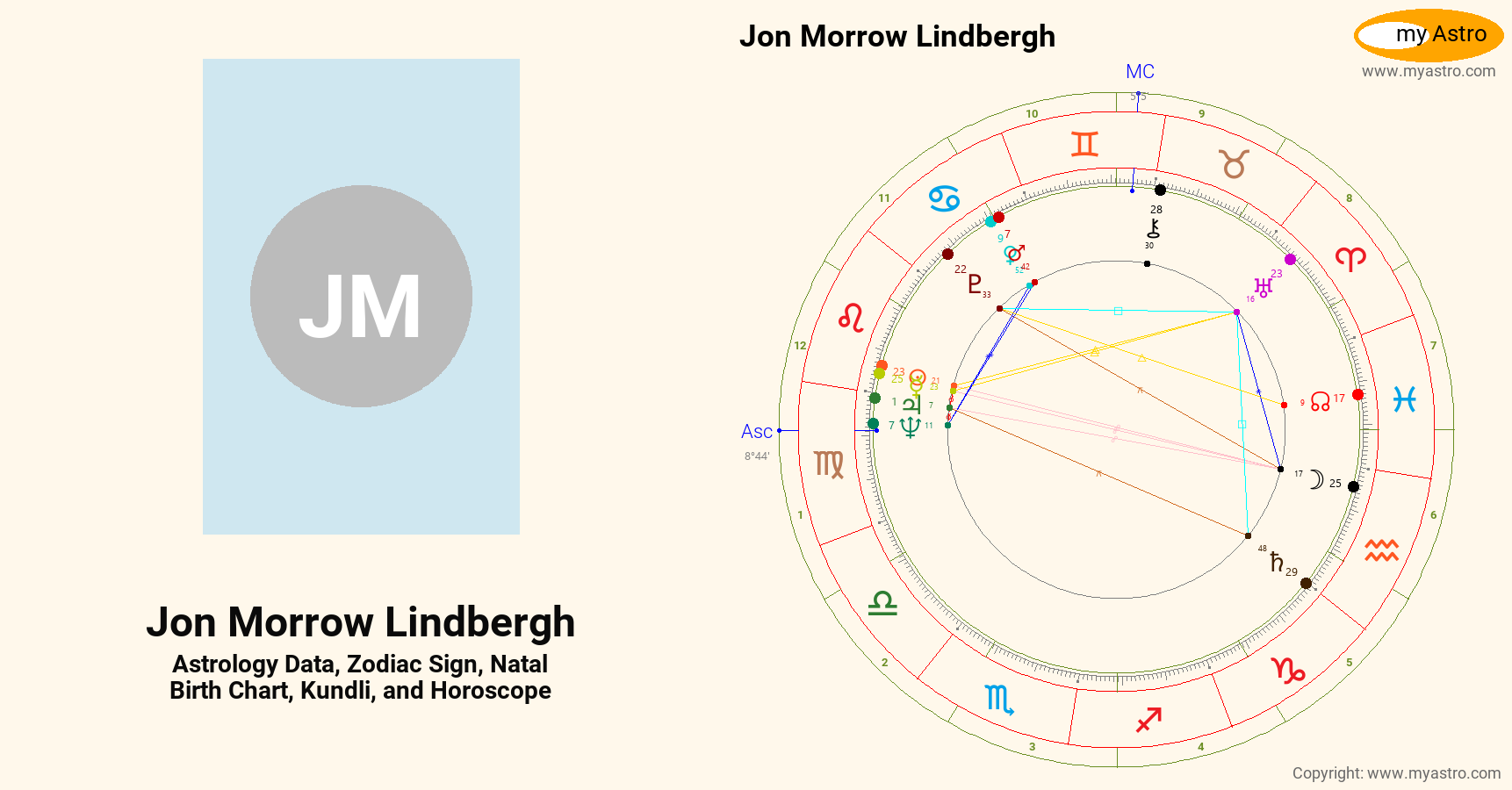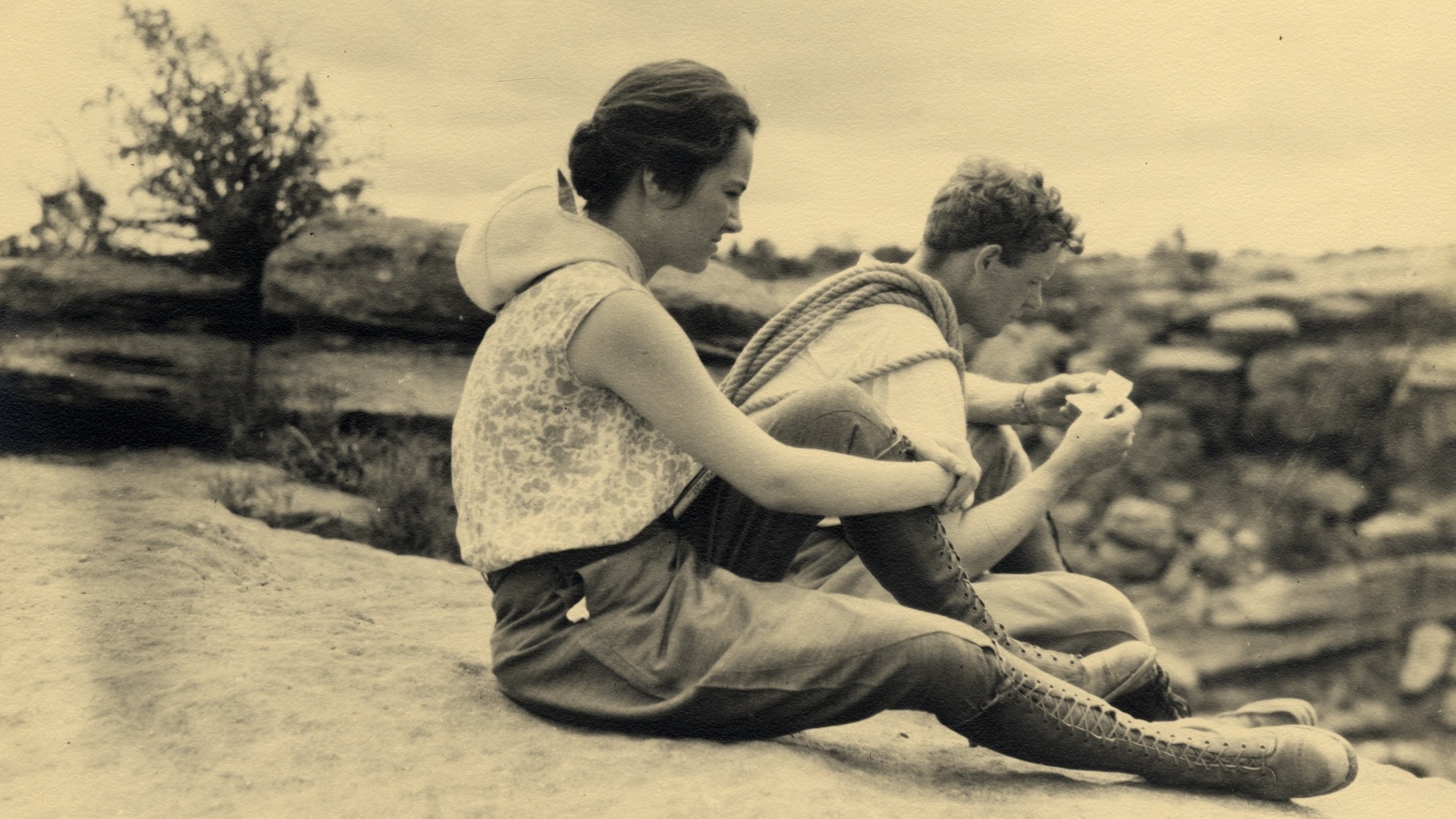Unraveling The Echoes: What The Name Jon Tells Us, And Why 'Lindbergh' Still Captivates
Names are truly fascinating, aren't they? They carry stories, histories, and sometimes, a bit of mystery. When a phrase like "jon morrow lindbergh" pops up, it naturally sparks a lot of curiosity. You might wonder about the connections, the people involved, or perhaps the hidden meanings behind such a specific combination. It's almost like a puzzle waiting to be solved, isn't it?
So, let's take a closer look at one of the key elements in that intriguing phrase: the name "Jon." It's a name with a deep past and a lot of everyday uses, much more than you might first think. We'll explore its origins, how people use it, and even some of the tricky bits of grammar that come with it, drawing directly from what we know about this particular name.
And while our focus is truly on the nuances of "Jon," it's certainly hard to ignore the resonance of "Lindbergh." That name, you know, it just brings to mind a whole lot of history and significant moments. We'll explore the power that names, especially those with such a strong public presence, can hold, and how they shape our collective memory, without, you know, adding any context that isn't already there.
Table of Contents
The Name Jon: A Closer Look
The name "Jon" is, quite simply, a classic. It's often a shorter version of "Jonathan," and you'll find it popping up in many places around the world. In Iceland and on the Faroe Islands, for instance, it's spelled "Jón," which is a neat little difference, isn't it? This suggests a deep cultural root, really.
Origins and Meaning
For those in the Nordic countries, "Jon" comes from "Johannes," which is a pretty common source for many names, actually. But for "Jon" as a boy's name, especially in English-speaking areas, it typically has Hebrew origins. It means "God is gracious," which is a lovely sentiment to carry with a name, you might agree. This sort of meaning often connects people to their heritage, in a way, or gives a little glimpse into historical naming conventions.
It's interesting to see how names travel and change over time, yet somehow keep a core part of their original meaning. The history behind "Jon" shows just how much thought, or perhaps just how much tradition, goes into naming someone. This deep historical connection is a big part of why names like "Jon" feel so familiar and enduring, even today.
Popularity and Usage
When it comes to how many people have the name, "Jon" is ranked as the 891st most popular male name. That's a pretty specific spot, isn't it? It means it's not super common, but it's certainly not rare either. It's a name you hear often enough, but perhaps not every single day, which makes it feel a little bit special, in some respects.
The way names rise and fall in popularity is really quite something. Sometimes a name gets a boost from a famous person or a character in a popular story. Other times, it just seems to fade a little, only to come back into favor years later. "Jon" has maintained a steady presence, which speaks to its timeless appeal, arguably.
The Grammar Puzzle: Jon and I, or Jon and Me?
Now, here's a common little head-scratcher that many people face: knowing when to use "Jon and I" versus "Jon and me." It's a grammar point that seems to trip up a lot of folks, and frankly, it can be a bit tricky to get just right. I've heard people say they've tried to teach themselves, but it just doesn't seem to stick, which is totally understandable.
The general rule is that you use "Jon and I" when the phrase is the subject of a sentence, meaning they are performing the action. For example, "Jon and I went to the store." Here, "Jon and I" are doing the going. On the other hand, you use "Jon and me" when the phrase is the object of a verb or a preposition. So, you might say, "The gift was for Jon and me," or "She saw Jon and me." In these cases, "Jon and me" are receiving the action or are the object of "for."
It's formally correct to say "with Jon and me" or "with me and Jon," but the first one, "with Jon and me," is often the preferred style, especially in print or in school settings. This is a pretty common point of discussion, actually, and there have been many questions about it on language forums. The key seems to be, you know, testing it by removing "Jon" and seeing if "I" or "me" sounds right on its own. If you say "I went to the store," then "Jon and I went" works. If you say "The gift was for me," then "The gift was for Jon and me" is correct. It's a simple trick, but really quite helpful.
Unexpected Meanings and Slang
Beyond its formal usage, "Jon" sometimes pops up in a completely different way. It can be used as slang for a bathroom or a toilet, which is a bit surprising, isn't it? Many people are curious about the origin of this particular usage, and it's one of those linguistic quirks that just exists, more or less.
Then there's the phrase "jonesing for something," which means to have a strong desire or craving for something. You might hear someone say, "I'm jonesing for a little ganja, mon," or "I'm jonesing for a little soul food, brother." While this isn't directly "Jon," it's a related word that shows how language evolves and creates new meanings, even from names or similar-sounding words. It’s pretty wild how words take on new lives, isn't it?
The Enduring Power of Names
So, we've explored the name "Jon" in its various forms and uses, from its ancient roots to modern slang. It's a name that, you know, carries a lot of weight and history, even in its simplicity. This discussion about "Jon" gives us a glimpse into the broader world of names and how they function in our language and culture. We can see how a name can be both personal and public, deeply meaningful and casually used, sometimes all at once.
When we consider a phrase like "jon morrow lindbergh," it's fascinating how individual names, like "Jon," carry their own stories, and how other names, like "Lindbergh," resonate with significant historical events. The name "Lindbergh," for instance, immediately brings to mind pioneering flights and, unfortunately, a very famous, very tragic kidnapping case that captivated the world. It’s a name that has left an indelible mark on history, truly.
It's not that "My text" provides any specific details about a person named "Jon Morrow Lindbergh" or a direct connection between these names. Rather, the curiosity sparked by such a combination highlights how our minds naturally try to connect dots and find narratives, especially when dealing with names that have strong associations. It's a testament to the power of names themselves, how they can evoke so much, even when just spoken or read. We are, you know, constantly trying to make sense of the world through the labels we use.
The human interest in names, their origins, and their impact is something that never really goes away. Whether it's a common name like "Jon" or a historically significant one like "Lindbergh," each name has a story, or at least the potential to spark one. It encourages us to think about how language shapes our perceptions and how a simple word can, you know, carry so much weight and history. Perhaps you'll find yourself thinking about the names around you a little differently now, and what stories they might tell. Learn more about names and their meanings on our site, and link to this page about linguistic quirks.
Frequently Asked Questions
What is the origin of the name Jon?
The name "Jon" typically comes from Hebrew origins, meaning "God is gracious." In Nordic countries, it's derived from "Johannes," which is pretty neat, isn't it?
How do I know when to use "Jon and I" versus "Jon and me"?
You use "Jon and I" when the phrase is the subject doing the action (e.g., "Jon and I went"). You use "Jon and me" when the phrase is the object receiving the action or after a preposition (e.g., "The gift was for Jon and me"). It's a common little thing, really.
Is "Jon" ever used as slang?
Yes, "Jon" is sometimes used as slang for a bathroom or a toilet, which is a bit of an unexpected usage, you know. It's one of those interesting linguistic developments.

Anne Morrow Lindbergh - New Jersey Women's History

Jon Morrow Lindbergh’s natal birth chart, kundli, horoscope, astrology

Anne Morrow Lindbergh: You'll Have the Sky | PBS Programs | PBS